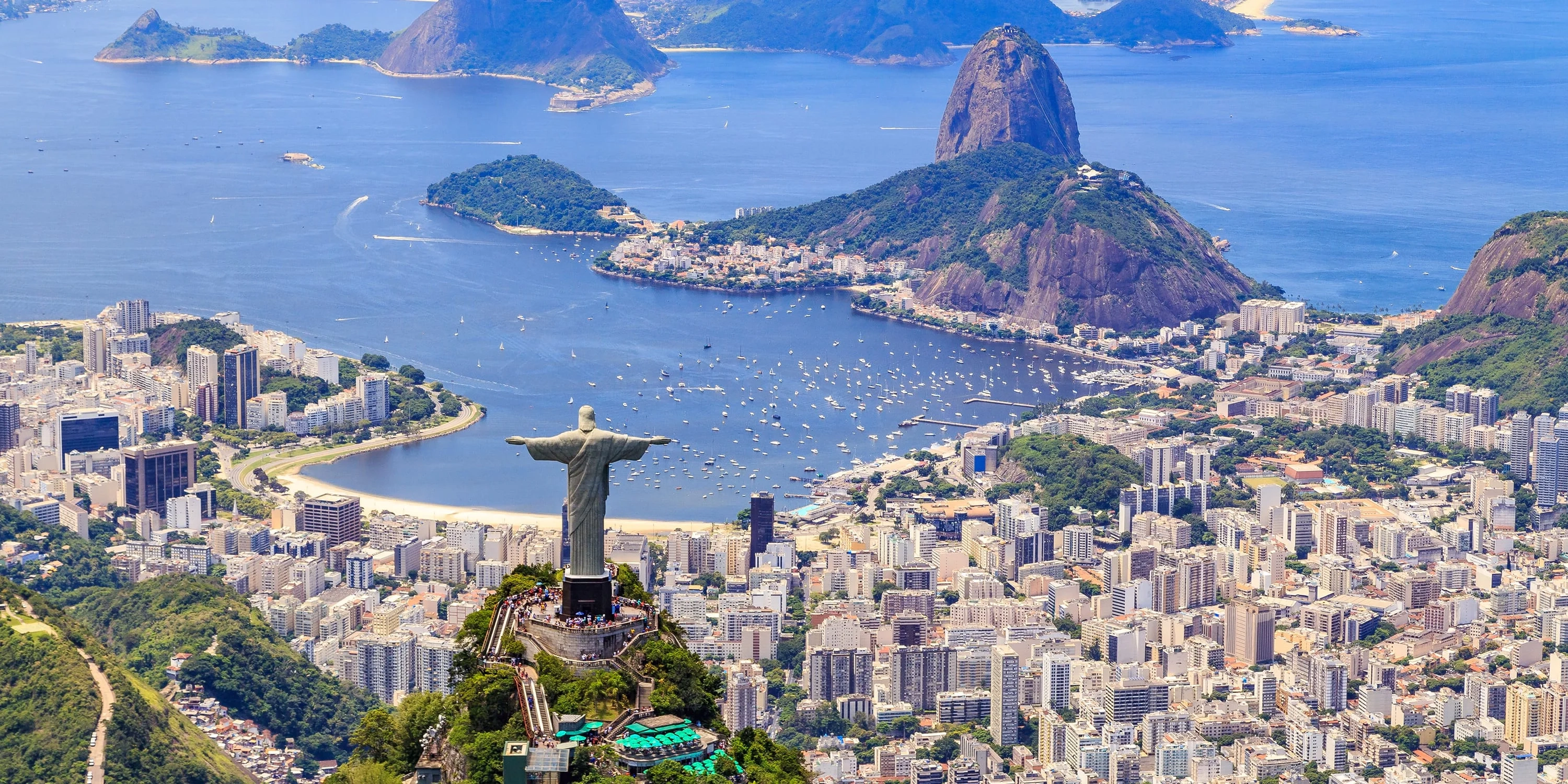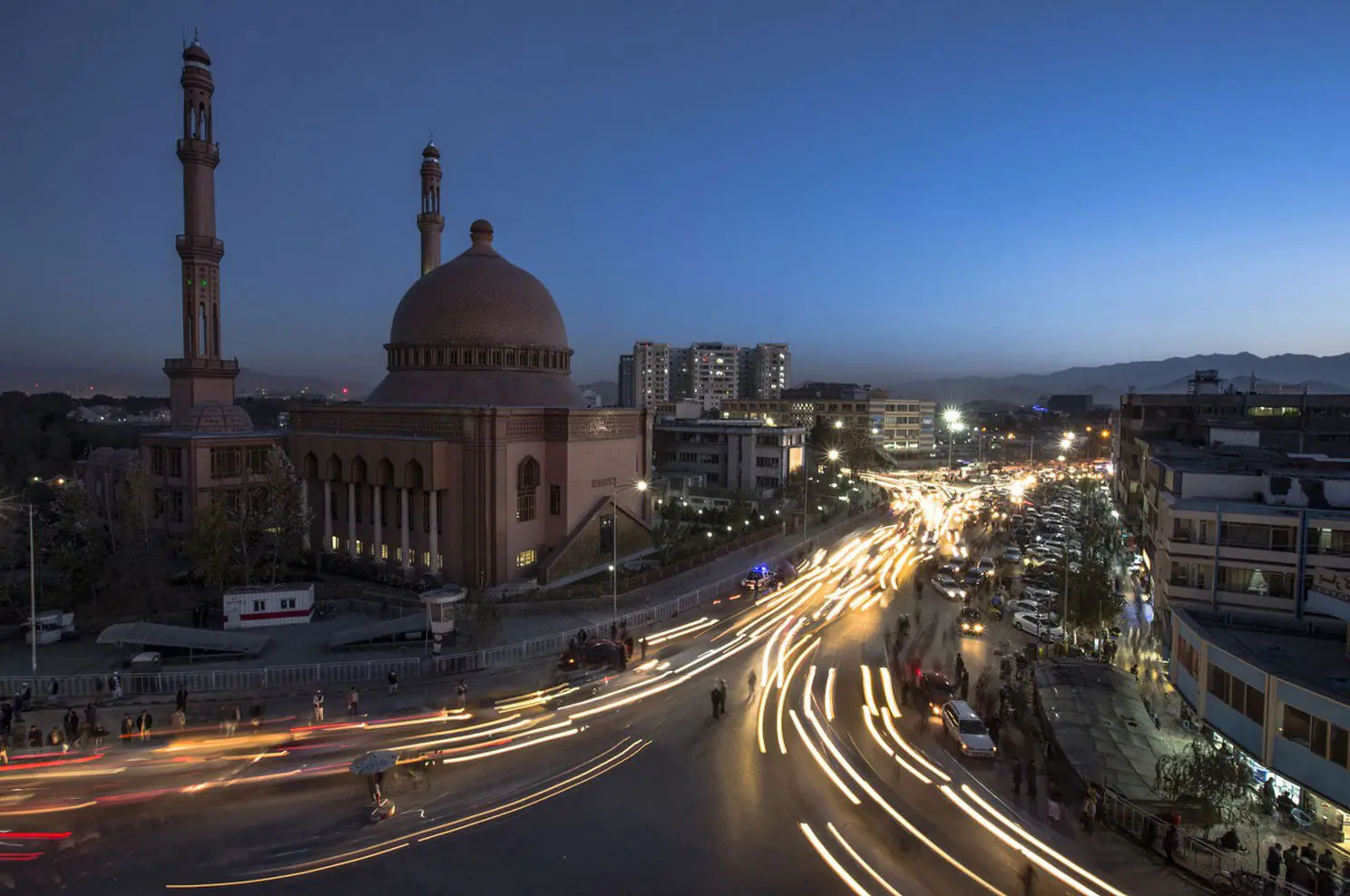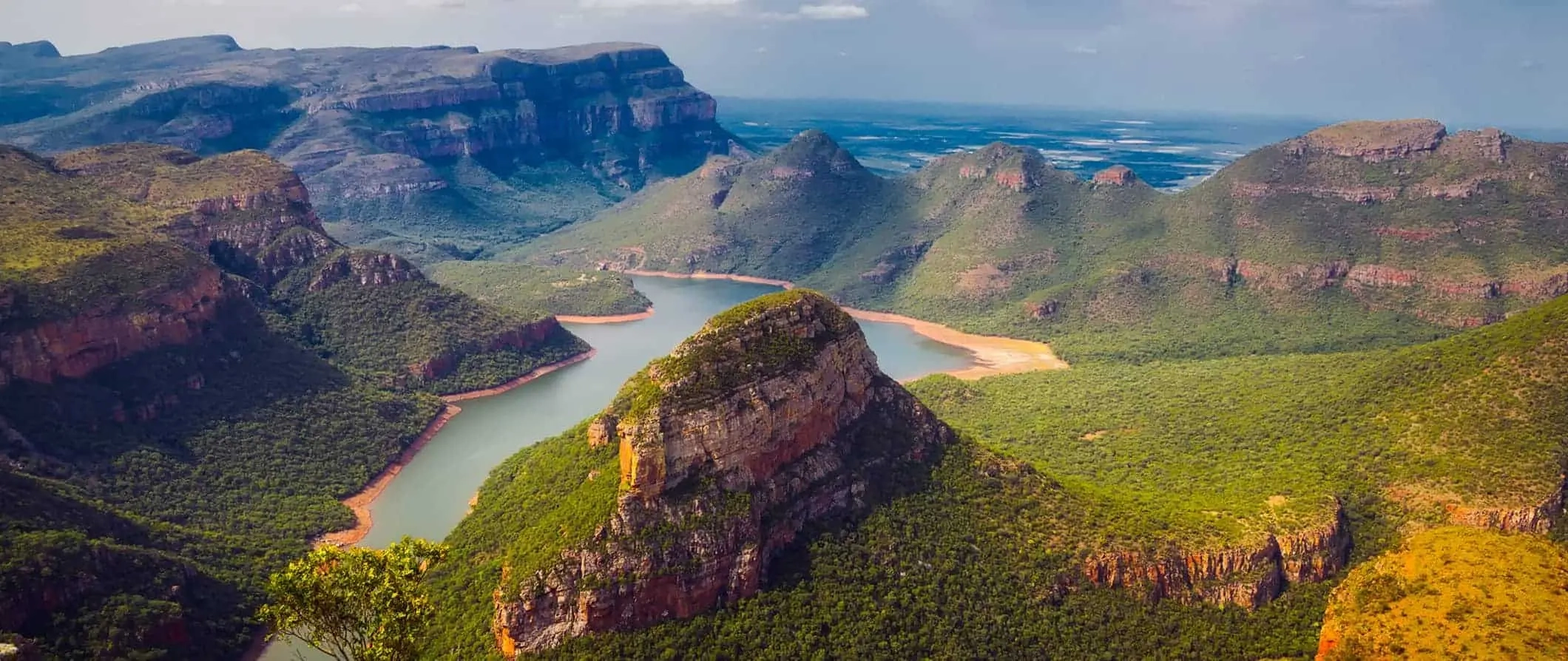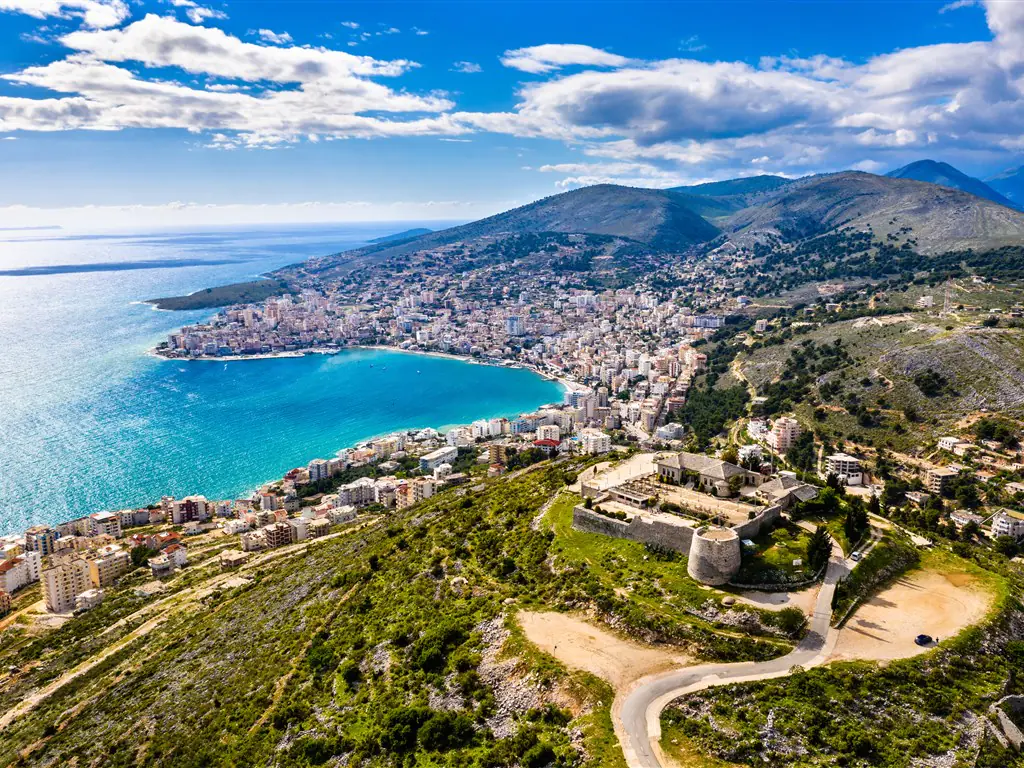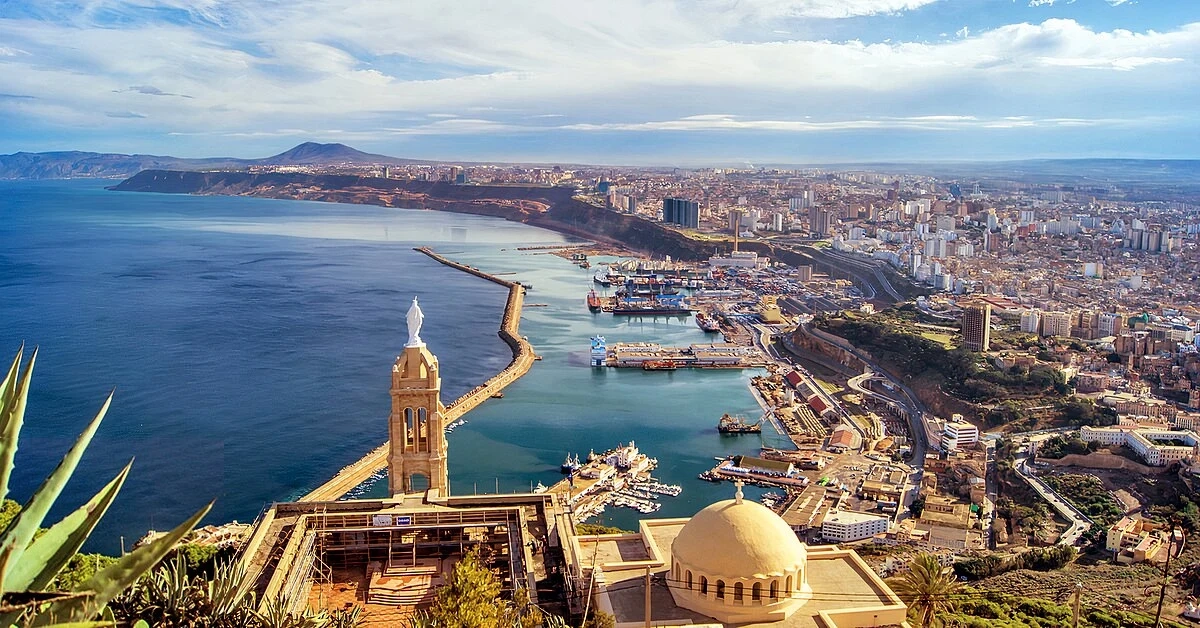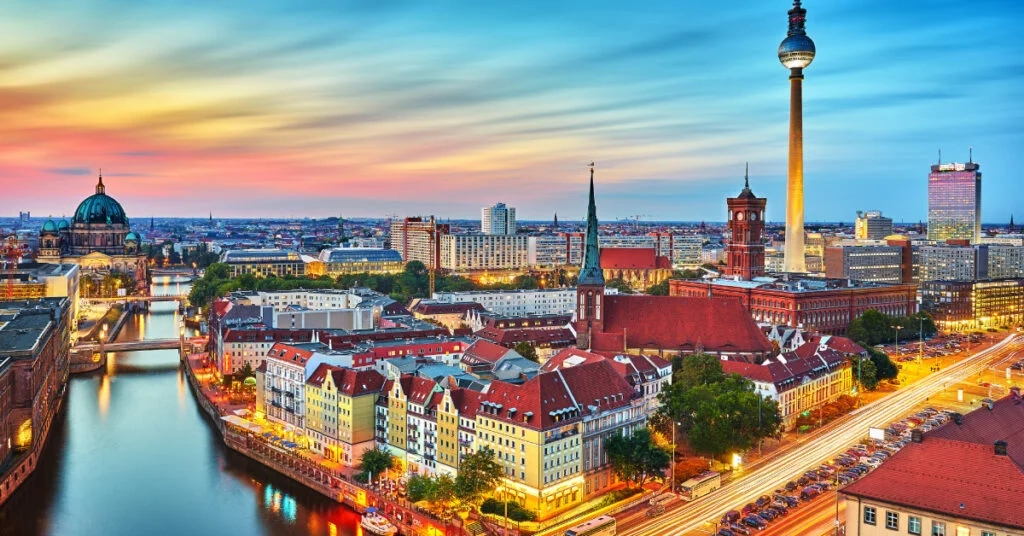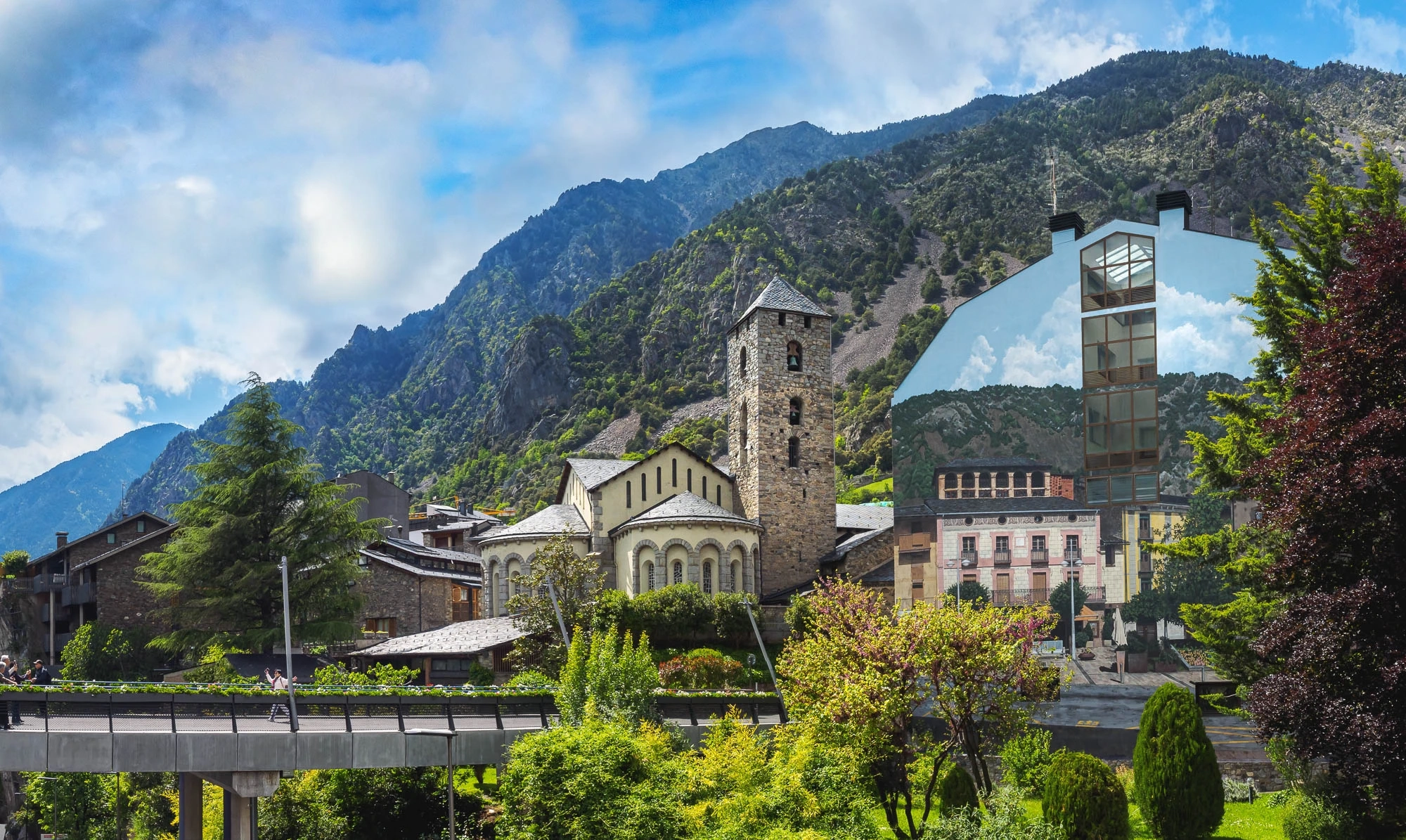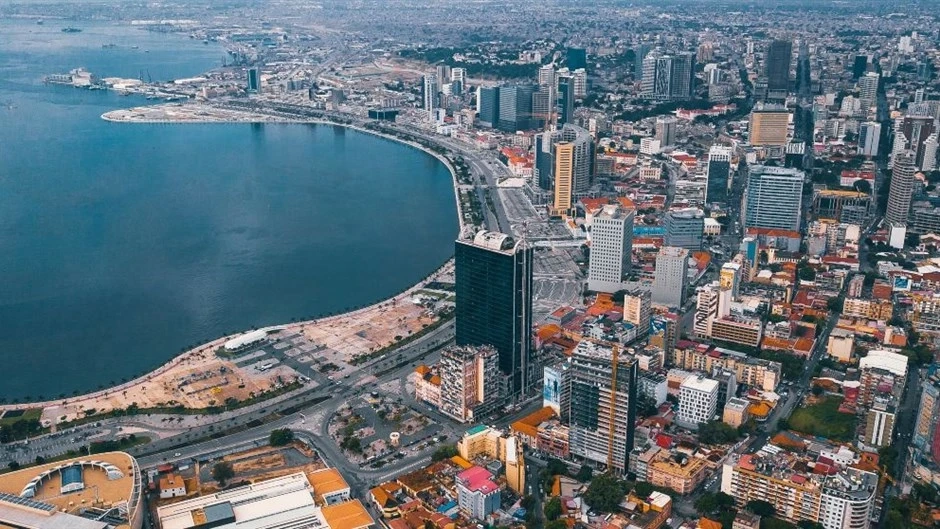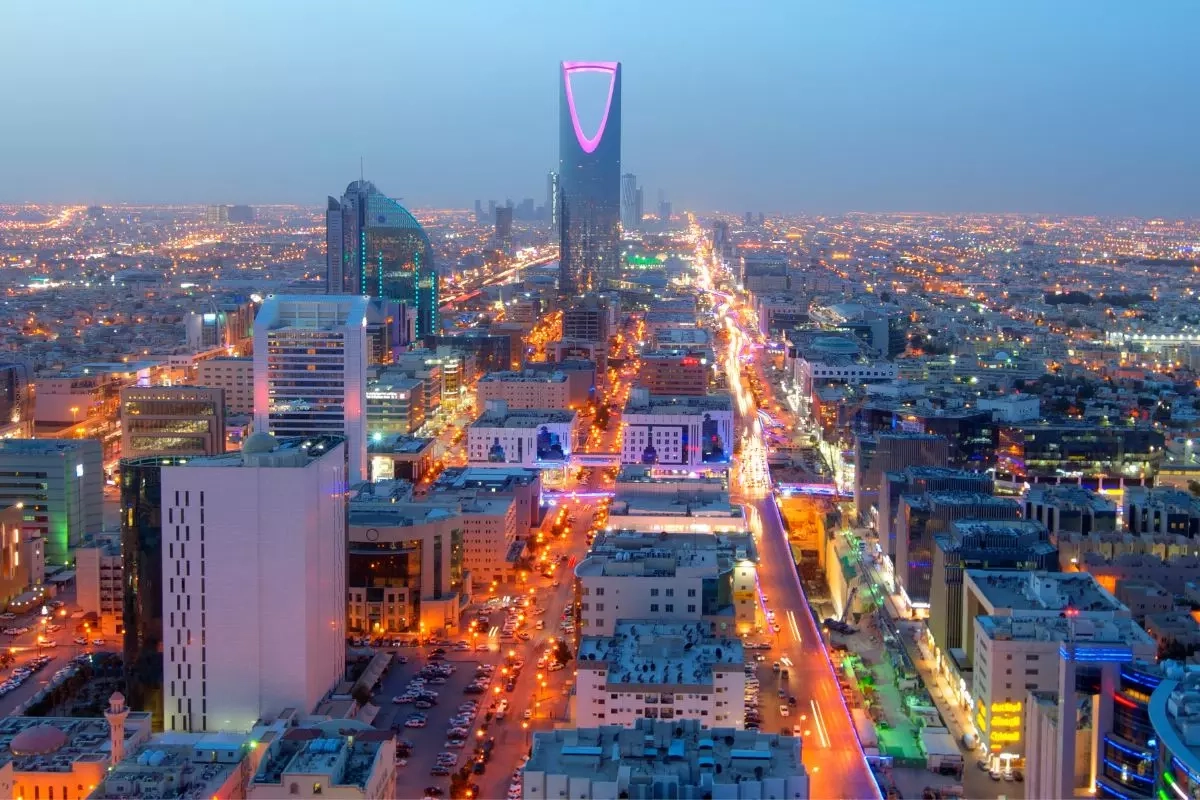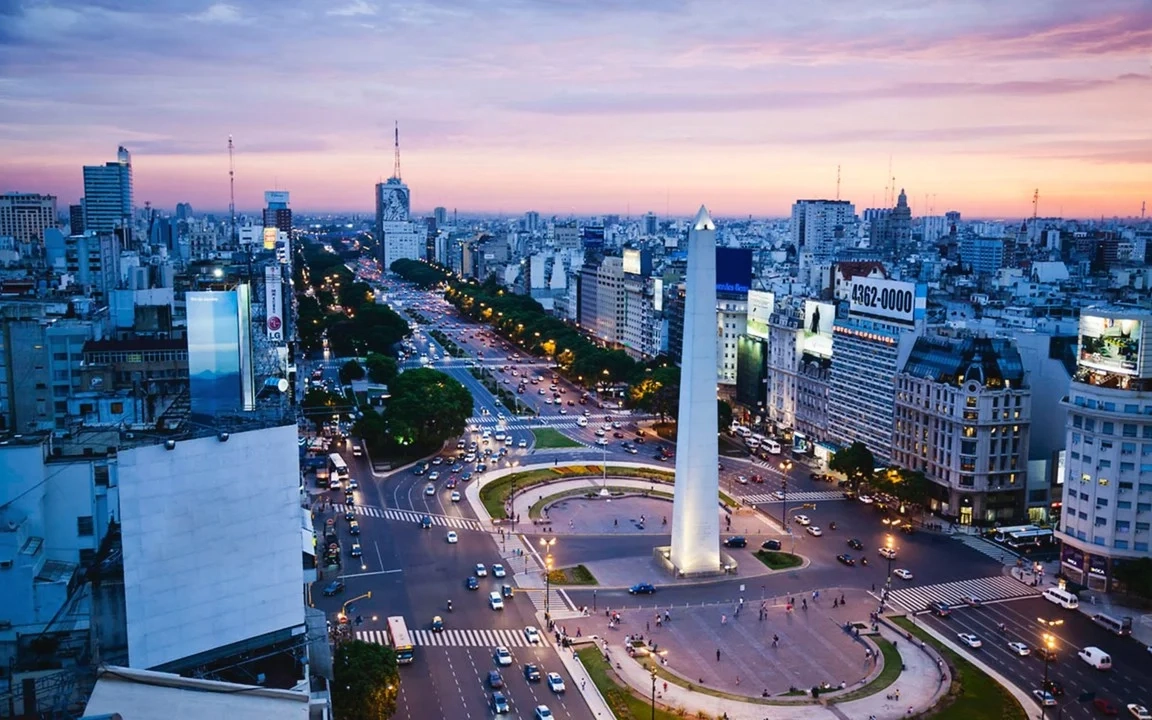1. Physician: On average, a general practitioner can earn around BRL 100,000 to BRL 200,000 annually (approximately $17,500 to $35,000).
2. Nurse: Registered nurses and nurse practitioners are in demand in the healthcare sector.
Salary: range from BRL 40,000 to BRL 70,000 per year (approximately $7,000 to $12,250).
3. Engineer: Engineers are in demand across various fields, such as civil engineering and computer engineering.
Salary: Entry-level engineers can earn around BRL 60,000 to BRL 100,000 per year (approximately $10,500 to $17,500).
4. Teacher: On average, teachers can earn between BRL 30,000 to BRL 60,000 per year (approximately $5,250 to $10,500).
5. IT Professional: IT professionals, including software developers and system analysts, can earn competitive salaries.
Salary: Junior IT professionals may earn around BRL 50,000 to BRL 80,000 annually (approximately $8,750 to $14,000).
• Working Week. The standard workweek in Brazil consists of 44 hours, typically divided into five working days. It's common for employees to work 8 hours a day with a one-hour lunch break.
• Overtime. Overtime is regulated by law and is typically paid at a rate of 50% over the regular hourly wage for additional hours worked on weekdays. Overtime rates increase for work on weekends and holidays.
• Vacation. Brazilian employees are entitled to a minimum of 30 days of paid vacation after 12 months of continuous employment. In some cases, this period can be divided into two parts. Employers must also provide an additional 1/3 of the employee's monthly salary as a vacation bonus.
• Public Holidays. Brazil has several national and regional public holidays. On these days, most businesses and government offices are closed.
• Maternity and Paternity Leave. Pregnant employees are entitled to maternity leave, which typically extends for 120 days. Fathers can also take paternity leave for a shorter period.
• Minimum Wage in Brazil: approximately BRL 1,100 per month.
• Average Wages in Brazil: the average monthly wage for formal employees in Brazil is approximately BRL 2,700 to BRL 3,500 per month.
1. Vibrant Startup Ecosystem
Brazil has witnessed the emergence of a vibrant startup ecosystem, particularly in cities like São Paulo and Rio de Janeiro. These startups span various sectors, including technology, e-commerce, fintech, and healthcare.
2. Government Initiatives
The Brazilian government has launched several initiatives to support entrepreneurship. Programs like "Startup Brasil" offer funding and mentorship to early-stage startups, encouraging innovation and economic growth.
3. Challenges for Entrepreneurs
While opportunities abound, entrepreneurs in Brazil also face challenges, including complex tax regulations, bureaucracy, and economic instability. Navigating these obstacles can be demanding.
4. Market Size and Consumer Base
Brazil's large and diverse consumer market presents both opportunities and challenges. Startups must tailor their products and services to meet the needs of a diverse population.
5. Innovation and Technology
Technology-driven entrepreneurship has gained traction. Many Brazilian startups focus on innovative solutions, including mobile apps, e-commerce platforms, and software development.
1. São Paulo – a leading business center. It offers a diverse and competitive market, access to financial institutions, and a robust infrastructure. Many multinational companies have their Brazilian headquarters in São Paulo.
2. Rio de Janeiro – known for its oil and gas industry, as it houses the headquarters of Petrobras, the state-owned energy company. It's also a prominent financial and cultural center. Tourism-related businesses can benefit from the city's attractions.
3. Belo Horizonte – the capital of the state of Minas Gerais, is a growing business destination. It has a well-educated workforce, a strong industrial base, and a growing tech sector.
4. Brasília – As the capital city, Brasília is the center of government and administrative activities. Businesses in sectors related to politics, government contracts, and public policy may find opportunities here.
5. Curitiba – known for its quality of life, infrastructure, and educated workforce. It's a favorable city for startups and businesses focusing on innovation and sustainability.
